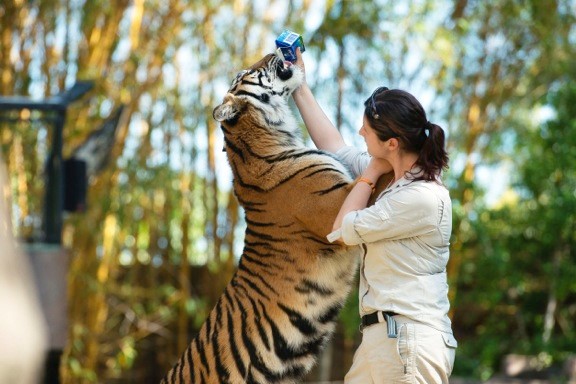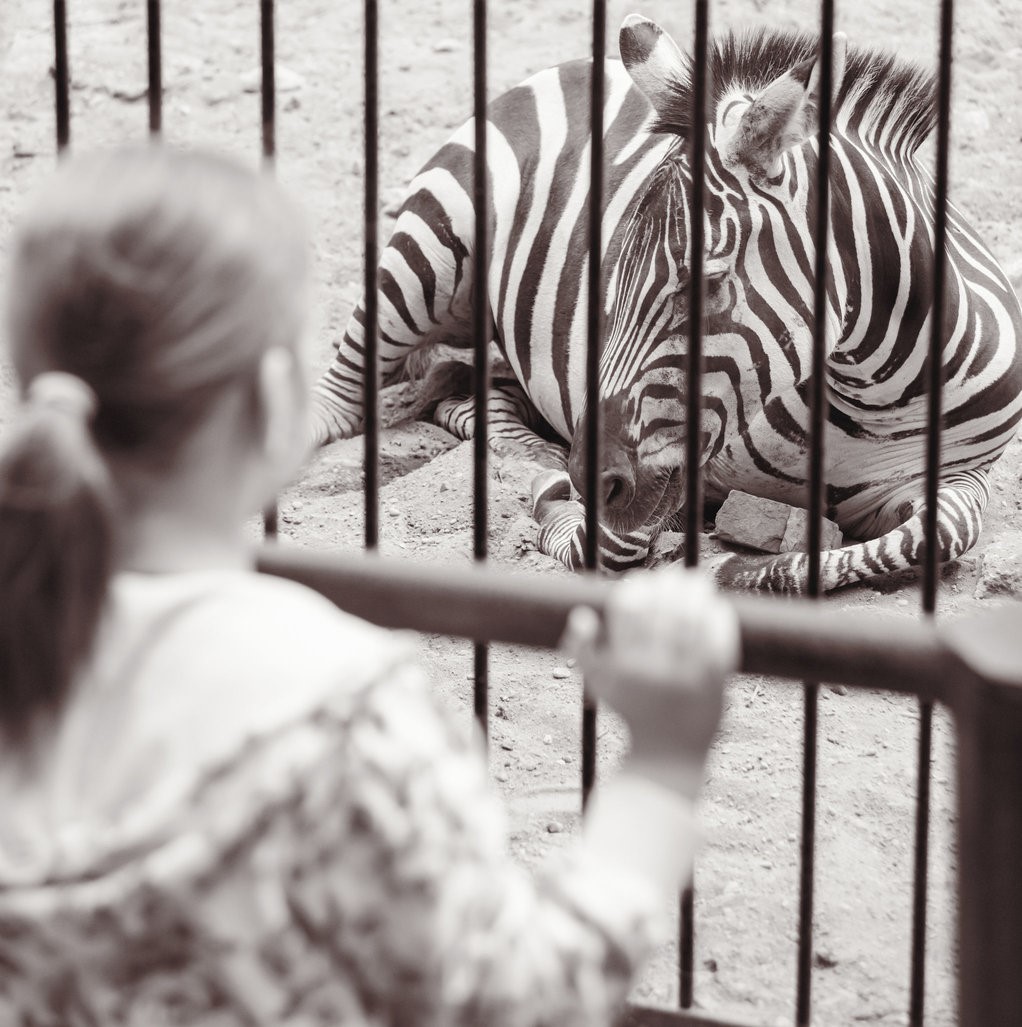
Many zookeepers and zoo visitors are still shaken by the death of Harambe, a 17-year old, 440-pound gorilla who lived at the Cincinnati Zoo.
In May, Harambe was shot and killed after a 3-year-old boy climbed into the gorilla’s enclosure. The boy had a close encounter with Harambe for over 10 minutes before zoo staff decided he was in danger and Harambe needed to be shot.
The incident sparked a lot of debate among animal rights activists, parents, and zoo patrons alike. Whether or not you believe the gorilla should have been killed, one element of the incident certainly raised questions: Who actually killed the gorilla?
Emergency Response Squad
Most people believe that a police officer pulled the trigger to kill Harambe. But in reality, a member of the zoo’s specially trained emergency team was the person who was called to shoot Harambe.
These staff members attend training at firing ranges, learn how to load and unload firearms quickly, and take annual marksmanship tests. Every zoo manages its emergency response teams differently: some teams consist of general zoo staff, while other zoos have their own group of staff dedicated entirely to emergency situations like the one we saw in Cincinnati.
Members of these types of response teams are not trained to kill animals unless a human life is in danger, and even then, they are trained to tranquilize the animal first. If the danger is so imminent that a fast-acting tranquilizer will not prevent the animal from hurting someone, like in the case of Harambe, then the team member will be directed to shoot the animal.
Premise Liability and Zoos

Zoos are not required to have dangerous animal response teams like the one in Cincinnati, but they do have a duty to keep their staff and guests safe. And if someone gets hurt on zoo property, they are subject to premise liability lawsuits.
We’ve talked in previous posts about premise liability at summer camps or waterparks. Well, this rule applies to zoos, too. Premise liability is an important area of the law to know if you own any sort of business, residence, or property that people visit.
As the owner of that property, you have a duty of care for your guests. This means that any hazards need to be promptly taken care of and/or people must be warned. If you neglect this responsibility and it results in personal injury, you may find yourself at the center of a lawsuit.
How does this apply to the Harambe situation described above? If a zoo does not have an emergency squad and a close animal encounter results in a child’s death, they could be sued for millions of dollars. Emergency squads are put in place not just to save lives, but to save zoos a whole lot of legal trouble.
Florida Wildlife Laws
We wrote last week about the wild alligator that killed a 2-year old boy at Disney World, and what that might mean for the park legally. If Harambe had killed the boy that climbed into his enclosure, Cincinnati would be facing a different kind of lawsuit. Here’s why.
It is important to remember that zoos own, train, and care for these animals, and are therefore responsible for their behavior. Florida, a state that is no stranger to lawsuits involving animal attacks, has specific laws regarding the responsibilities of premises with wild animals. As we mentioned, property owners do not have to anticipate the presence of wild animals unless the owner owns or has introduced that animal to the property.
Disney did not own the alligator that killed the 2-year old boy. But the Cincinnati Zoo does own Harambe. Therefore, Cincinnati is legally responsible for the actions of the gorilla.
Should You File a Personal Injury Lawsuit?
If you are injured on someone else’s property due to unsafe conditions created by their negligence, you may be able to file a lawsuit to recover the damages or losses that resulted from your accident. This is no small thing. Paying for medical bills and money lost due to an inability to work can empty savings accounts and take years to recover from.
Not sure if you have a case? Contact an experienced Florida premises liability lawyer today.


